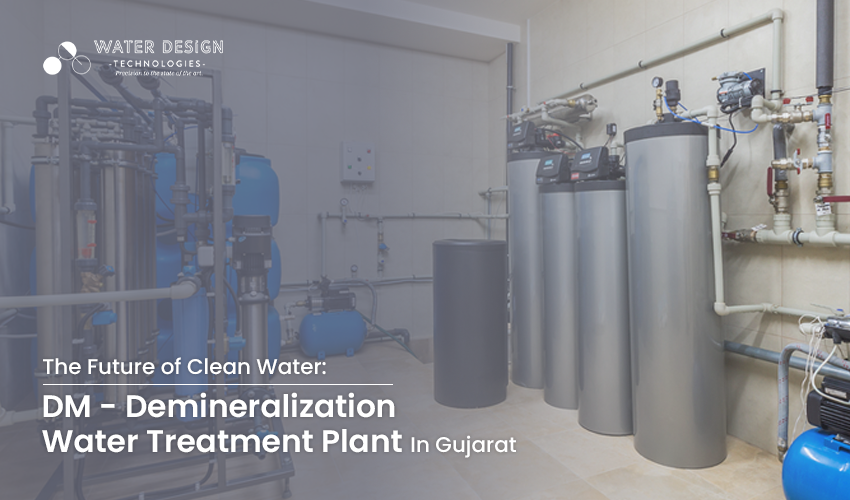In the dynamic landscape of water treatment technologies, Gujarat stands as a beacon of innovation and progress, particularly with the advent of DM (Demineralization) plants. These plants represent a significant step forward in ensuring the availability of clean, safe water for both industrial and domestic use. Let’s delve into the future of clean water with DM plants in Gujarat, exploring their role, benefits, and impact on water treatment technologies.
Understanding DM Plant in Gujarat
DM plants, also known as demineralization plants, are at the forefront of water treatment technologies in Gujarat. These plants employ advanced demineralization processes to remove impurities and minerals from water, resulting in purified, high-quality water that meets stringent standards. In a region where water scarcity and contamination are prevalent challenges, DM plants play a crucial role in ensuring access to clean and safe drinking water for communities and industries alike.
The Importance of Demineralization Water Treatment Technologies
Demineralization water treatment technologies, such as DM plants, offer several key benefits in the quest for clean water. By removing minerals and impurities from water, these technologies not only improve its taste and odor but also prevent scaling and corrosion in industrial equipment and pipelines. Additionally, demineralized water is essential for various industrial processes, including power generation, pharmaceutical manufacturing, and food and beverage production. As such, DM plants play a vital role in supporting Gujarat’s industrial growth while preserving water quality and sustainability.
Advancements in Water Treatment Technologies
In recent years, significant advancements have been made in water treatment technologies, including DM plants. These advancements include the integration of automation, AI, and IoT (Internet of Things) technologies to enhance efficiency, accuracy, and reliability in water treatment processes. By leveraging these technologies, DM plant in Gujarat can optimize resource utilization, minimize energy consumption, and improve overall performance, ensuring sustainable and cost-effective water treatment solutions for the future.
The Impact of DM Plants on Water Quality
The implementation of DM plants has had a profound impact on water quality in Gujarat. These plants effectively remove dissolved solids, minerals, and impurities from water, resulting in water that is free from scale buildup, corrosion, and contamination. This purified water not only meets regulatory standards but also contributes to improved public health and environmental conservation. With DM plants in operation, Gujarat is poised to address water quality challenges and ensure a sustainable supply of clean water for generations to come.
Challenges and Opportunities Ahead
While DM plants offer promising solutions for clean water, they also present challenges that must be addressed. These challenges include the need for skilled manpower, regular maintenance, and operational costs associated with DM plant operations. However, with proper planning, investment, and governance, these challenges can be overcome, paving the way for a future where clean water is accessible to all.
Conclusion: The Promise of Clean Water with DM Plants in Gujarat
In conclusion, DM plants represent the future of clean water in Gujarat, offering sustainable and efficient solutions for water treatment. As Gujarat continues to grow and develop, the role of DM plants in ensuring access to clean, safe water will only become more critical. By embracing advancements in water treatment technologies and leveraging the power of DM plants, Gujarat can pave the way for a future where clean water is a reality for all its residents and industries.


